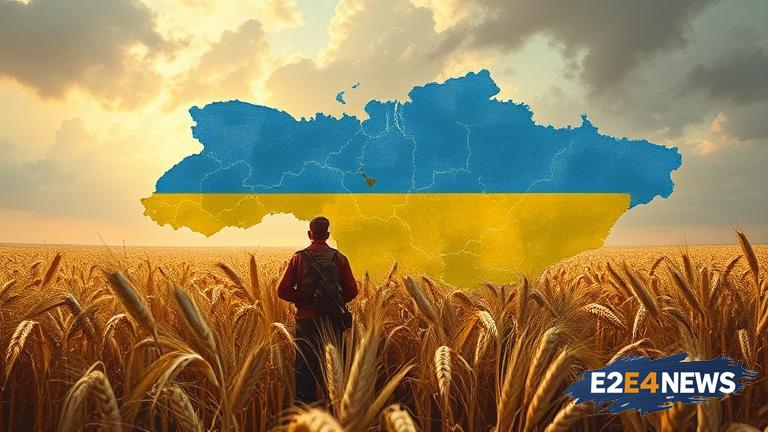The war in Ukraine has resulted in a substantial decline in grain exports from the country, which is one of the world’s largest wheat exporters. This decline has led to a shortage of grain in the global market, causing prices to rise sharply. The United Nations has warned that the crisis could have severe consequences for food security, particularly in developing countries. The conflict has also disrupted the supply of fertilizers and other agricultural inputs, further exacerbating the crisis. The international community has called for an immediate ceasefire to allow for the safe passage of grain shipments. However, the situation remains volatile, and a resolution is yet to be reached. The crisis has already started to affect countries that rely heavily on Ukrainian grain, such as Egypt and Turkey. The World Food Programme has warned that the crisis could lead to widespread hunger and malnutrition, particularly among vulnerable populations. The organization has appealed for emergency funding to support affected countries. The European Union has also announced plans to provide financial assistance to Ukraine to help the country maintain its agricultural production. Meanwhile, Russia has been accused of using food as a weapon of war, which has been denied by the Russian government. The US and other Western countries have imposed sanctions on Russia in response to its actions in Ukraine, which has further complicated the situation. The food crisis has also sparked concerns about social unrest and political instability in affected countries. As the situation continues to deteriorate, the international community is under increasing pressure to find a solution to the crisis. The UN has warned that the crisis could have long-term consequences for global food security, and urgent action is needed to prevent a humanitarian disaster. The crisis has also highlighted the need for diversification of grain supplies and the development of more resilient agricultural systems. In response to the crisis, some countries have started to explore alternative sources of grain, such as India and Brazil. However, these efforts are still in their early stages, and it remains to be seen whether they will be enough to mitigate the effects of the crisis.
